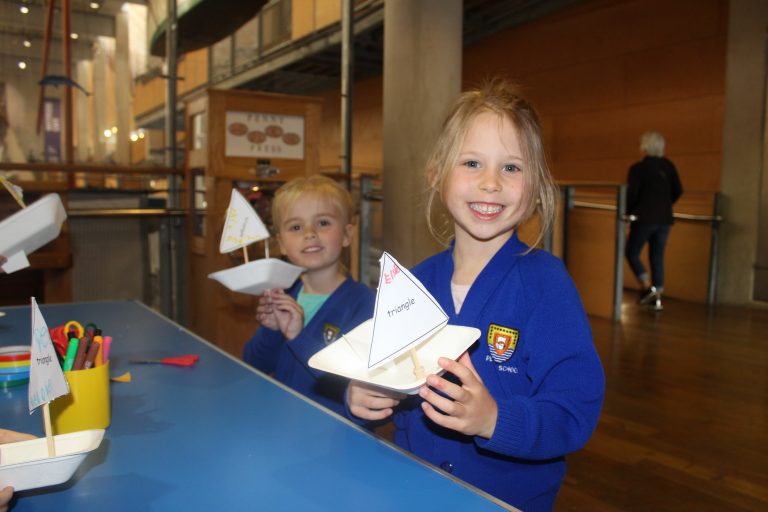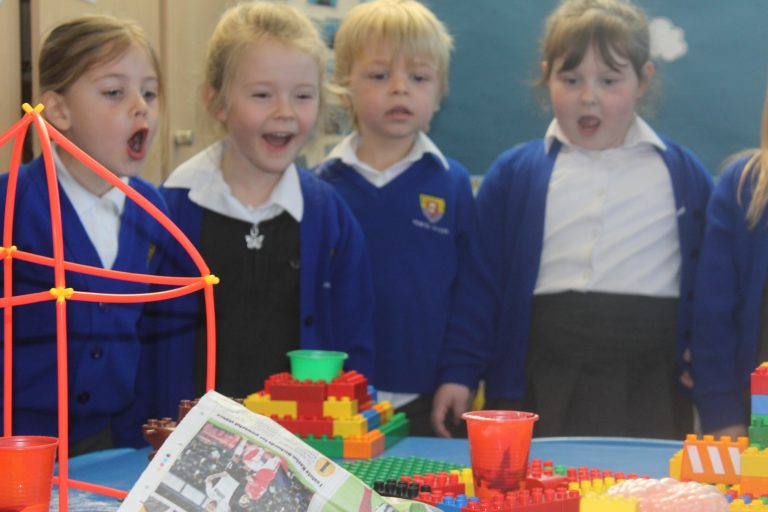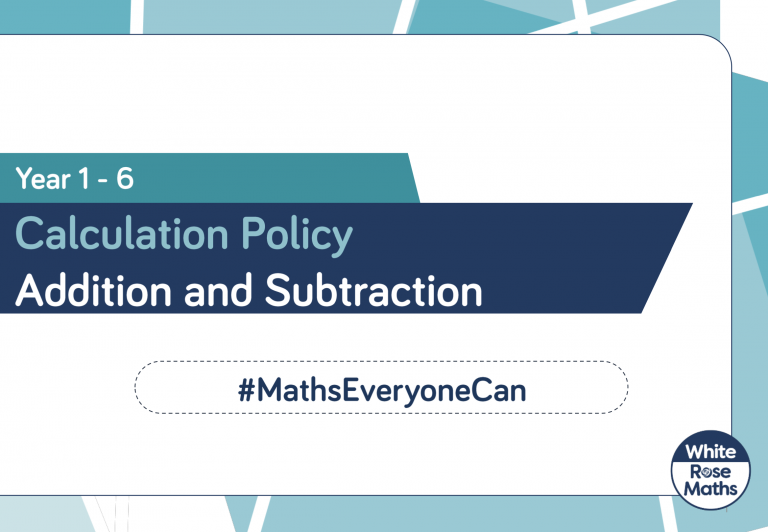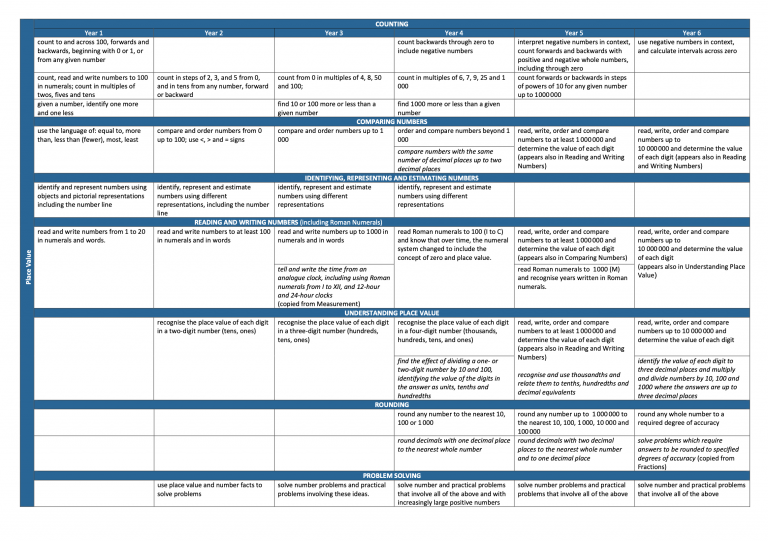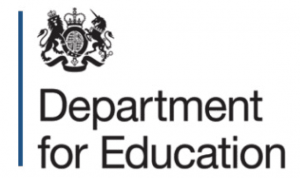
Curriculum Links
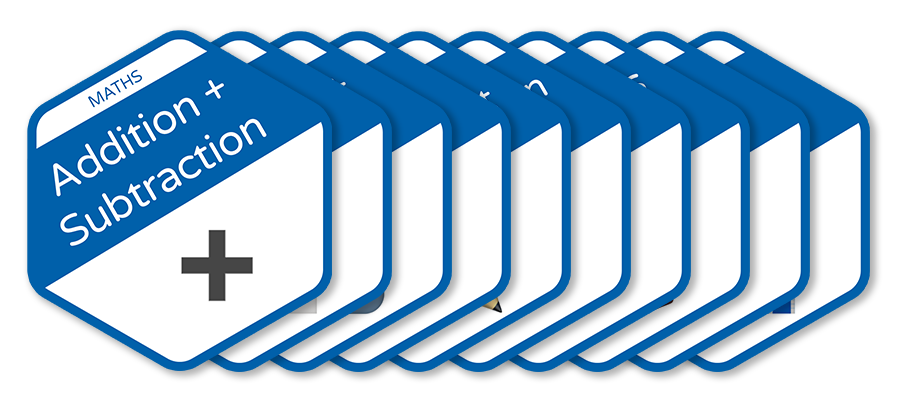
Maths Curriculum
Maths at Penpol School is led by Colin Jones
Maths at Penpol School
- Aims
- Curriculum Provision
- Teaching + Planning
- Assessment
- Professional Development
At Penpol Primary School, we believe that mathematics equips children with an essential set of skills to enable them to succeed in their education and fulfil their potential in later life. Mathematics is vital for making sense of the world around us and as a means of solving a wide range of problems. As such, we aim to engender an enthusiasm for the subject and an understanding of the importance it holds.
We believe it is essential that children become highly numerate and develop an awareness of their mathematical understanding, which they are able to communicate, reflect upon and evaluate in order to further their own learning. This will help create independent and confident learners, who show persistence in working towards their learning goals and have high expectations of themselves across all subjects, including mathematics..
At Penpol Primary School, we use White Rose planning and the White Rose calculation policy from EYFS through to Year 6. This unified approach allows for the progression of skills across the school to be easily mapped and understood. As we practice a mastery approach to mathematics, there is an expectation that children move through the content at broadly the same speed although there is a recognition that some children may need extra support, either within the classroom or in smaller intervention groups and that some children may need to work individually to explore concepts that provide extra challenge.
Teachers are expected to use regular, recorded assessment for learning as a means of ensuring that their teaching is responsive to the individual needs of all children. Daily plans, as provided by White Rose, allow for a range of approaches including practical activities using manipulatives, pictorial and the abstract. We take the approach that the use of manipulatives provides the first essential building blocks and a springboard to the pictorial and the abstract and but can continue to be used in all year groups to support learning. All children are exposed to varied fluency on a daily basis to help embed their learning across a range of different contexts.
The golden thread of oracy that runs through the school, means that all children are exposed to daily reasoning activities in which they are encouraged to make sense of their mathematics through discussion and explanation. This golden thread is also visible in the UCR (Understanding, Communicating and Reflecting) approach to reasoning and problem solving using CUBES (Circle, Underline, Box up, Explain, Solve).
Daily formative assessment is at the heart of maths teaching at Penpol Primary School. A whole class marking policy is used which enables teachers to make informed decisions on the direction of lessons as well as planning for direct daily intervention to ensure that no child is left behind. Assessment of each unit is carried out once the unit is complete which also allows teachers to plan for intervention and to cover any class-wide gaps in learning.
At Penpol School, we are fully committed to the continued professional development of our staff; as such we are an active member of the Cornwall and Devon Maths Hub which has provided and continues to provide support and training for teachers across all year groups. In addition, an active open doors policy allows teachers to support each other through a collaborative learning approach.
Concepts taught in Maths at Penpol
-
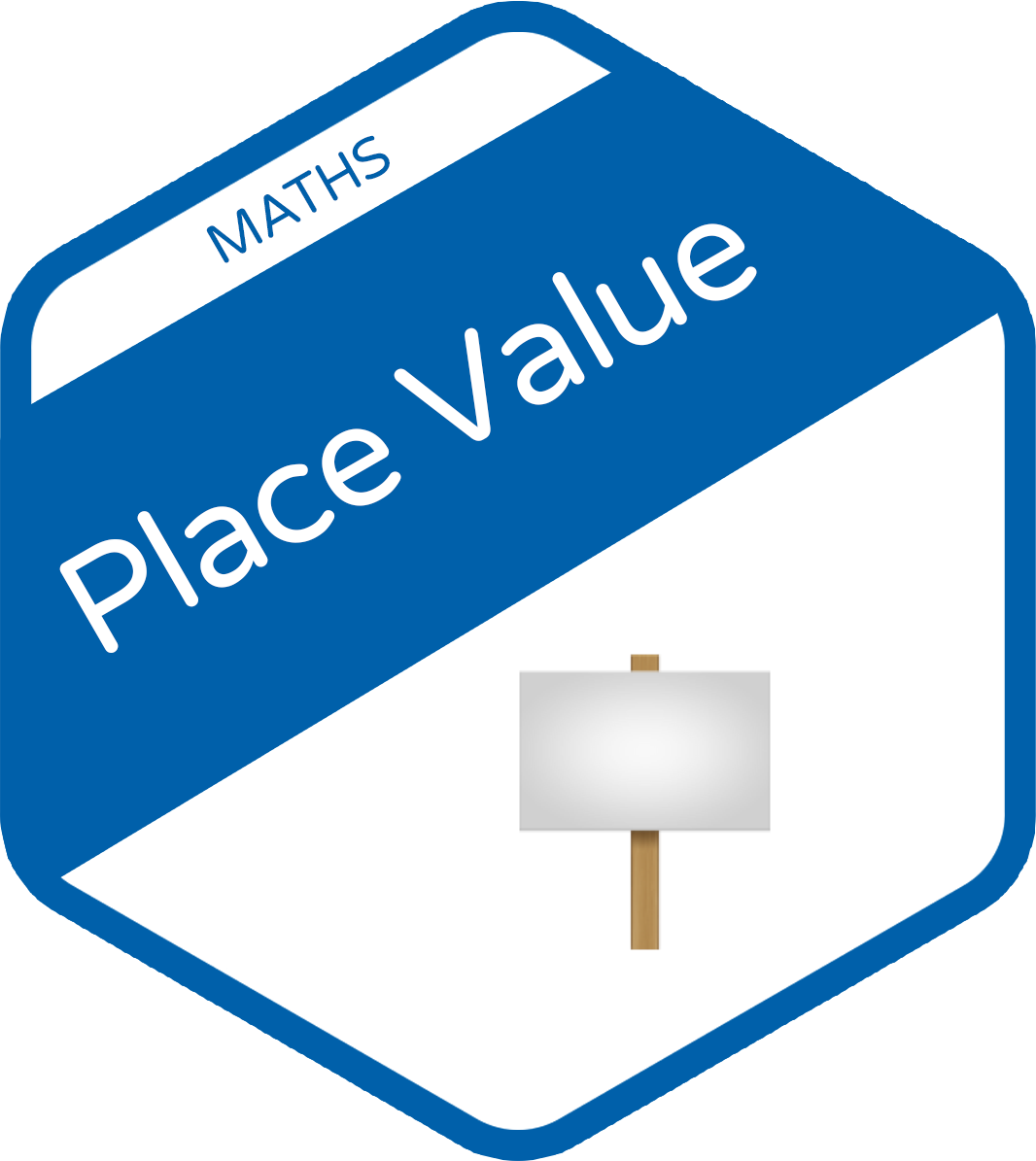
Place Value
The first mathematical skills are basic number sense. Number sense is the order and value of numbers. A number is a mathematical object used to count.
-
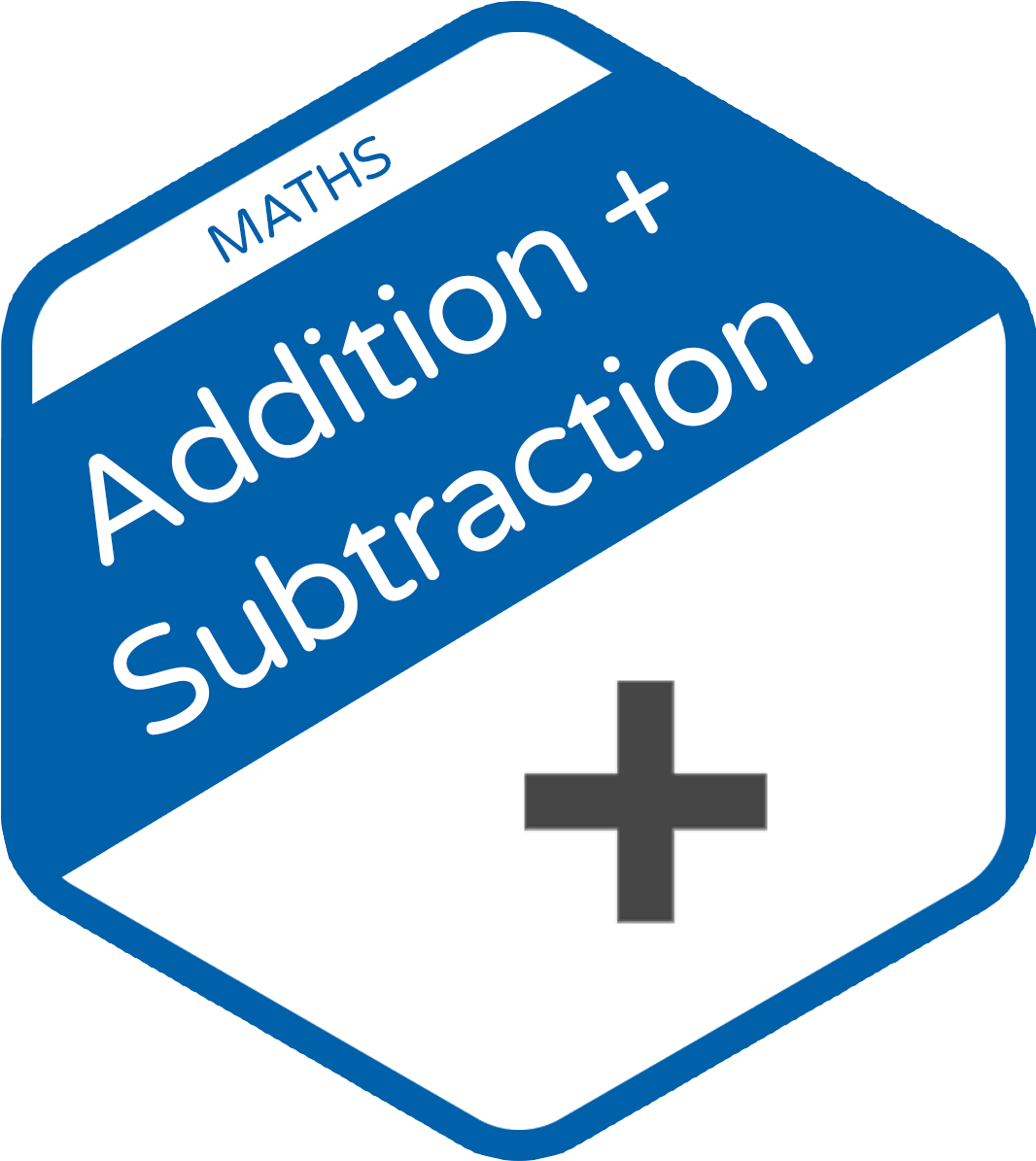
Addition and Subtraction
Addition and subtraction are arithmetic operations Addition means to find the sum of values and subtraction means to find the difference. Knowledge of addition and subtraction is built on the foundation of a solid understanding of number and place value. As such, pupils will work with numbers that increase in size in line with the corresponding number and place value understanding, using first concrete, pictorial and finally abstract.
-
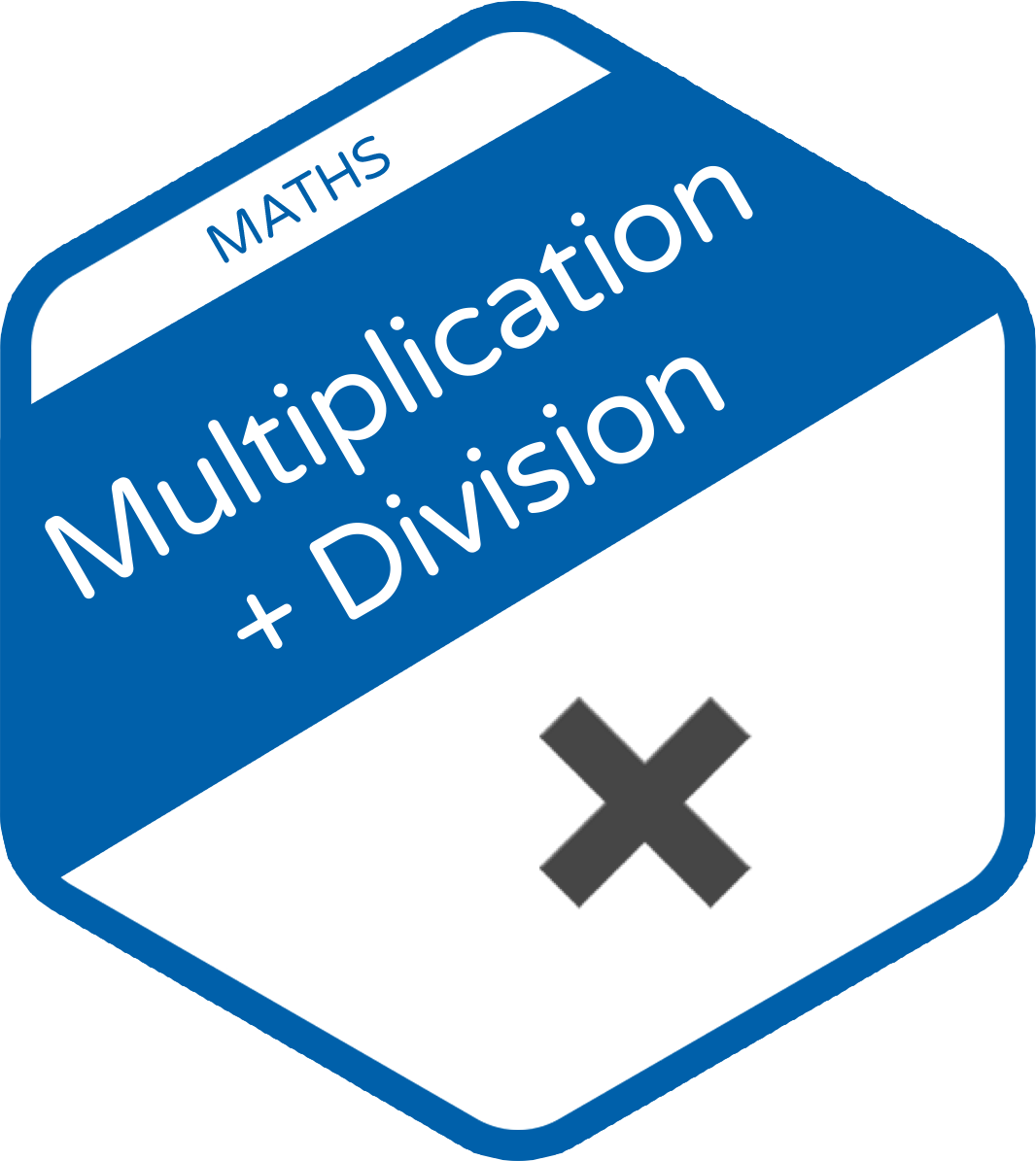
Multiplication and Division
The operations of multiplication and division have many different underlying structures and can be applied in a wealth of contexts. Fluency with multiplication facts (times tables) is vital for success in mathematics, particularly in algebra. As such, these facts must be understood, memorised and represented in a variety of contexts. In multiplication we make equal groups from a quantity of objects. In division we split the quantity into equal groups. There are two ways we think about division. These are division as grouping (quotative structure) and division as sharing (partitive structure)
-
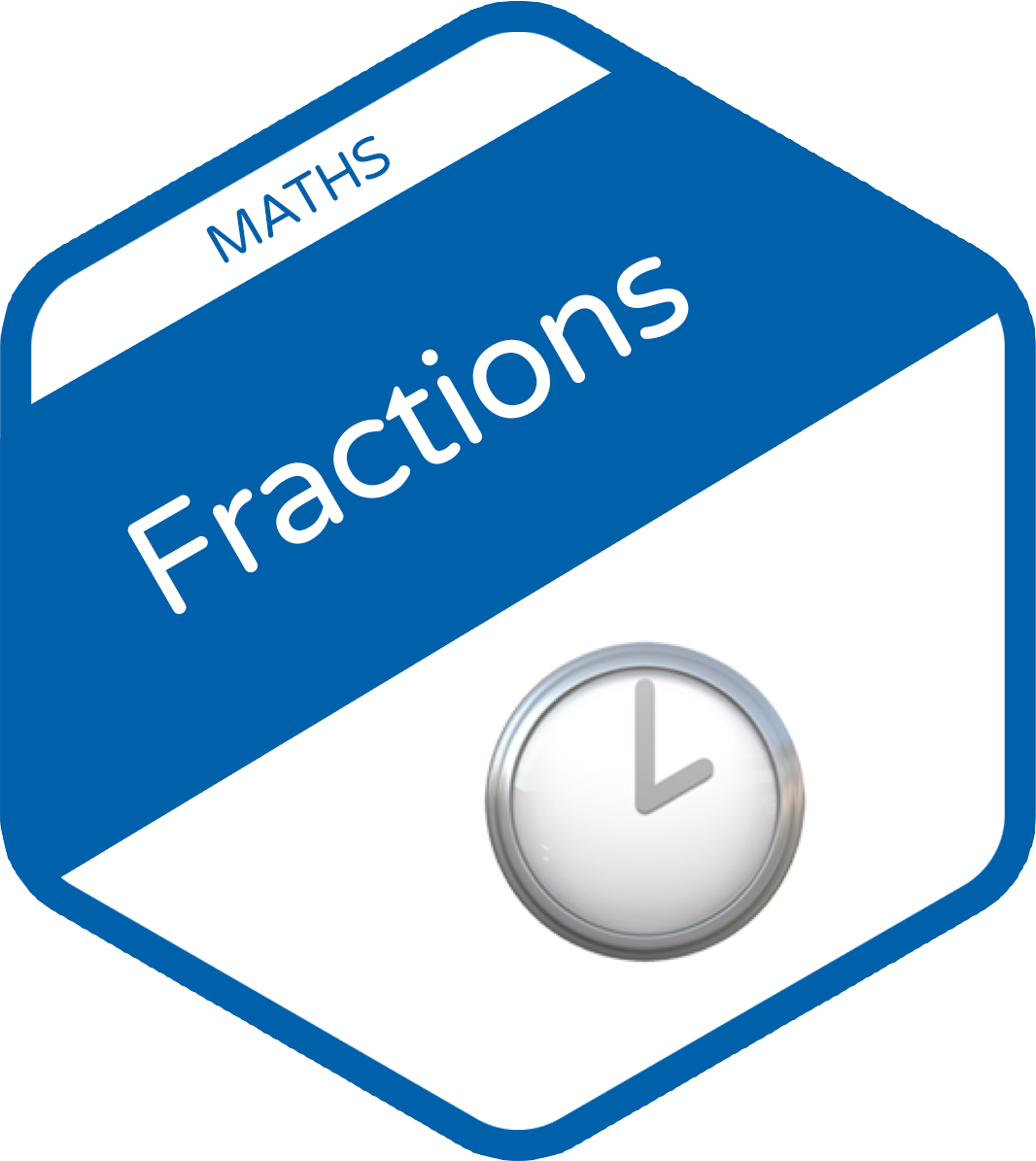
Fractions
Fractions can be a number in themselves (that it is possible to locate 3⁄5 at a particular point on a number line) and are also an operator (so, you can find 3⁄5 of something). Decimals are generally used as numbers rather than operators. Percentages, on the other hand, are more often used as operators, rather than as numbers When they begin to work with decimals and percentages, they realise that the dual nature of fractions (that they are both a number and an operator) is what makes them distinctive.
-
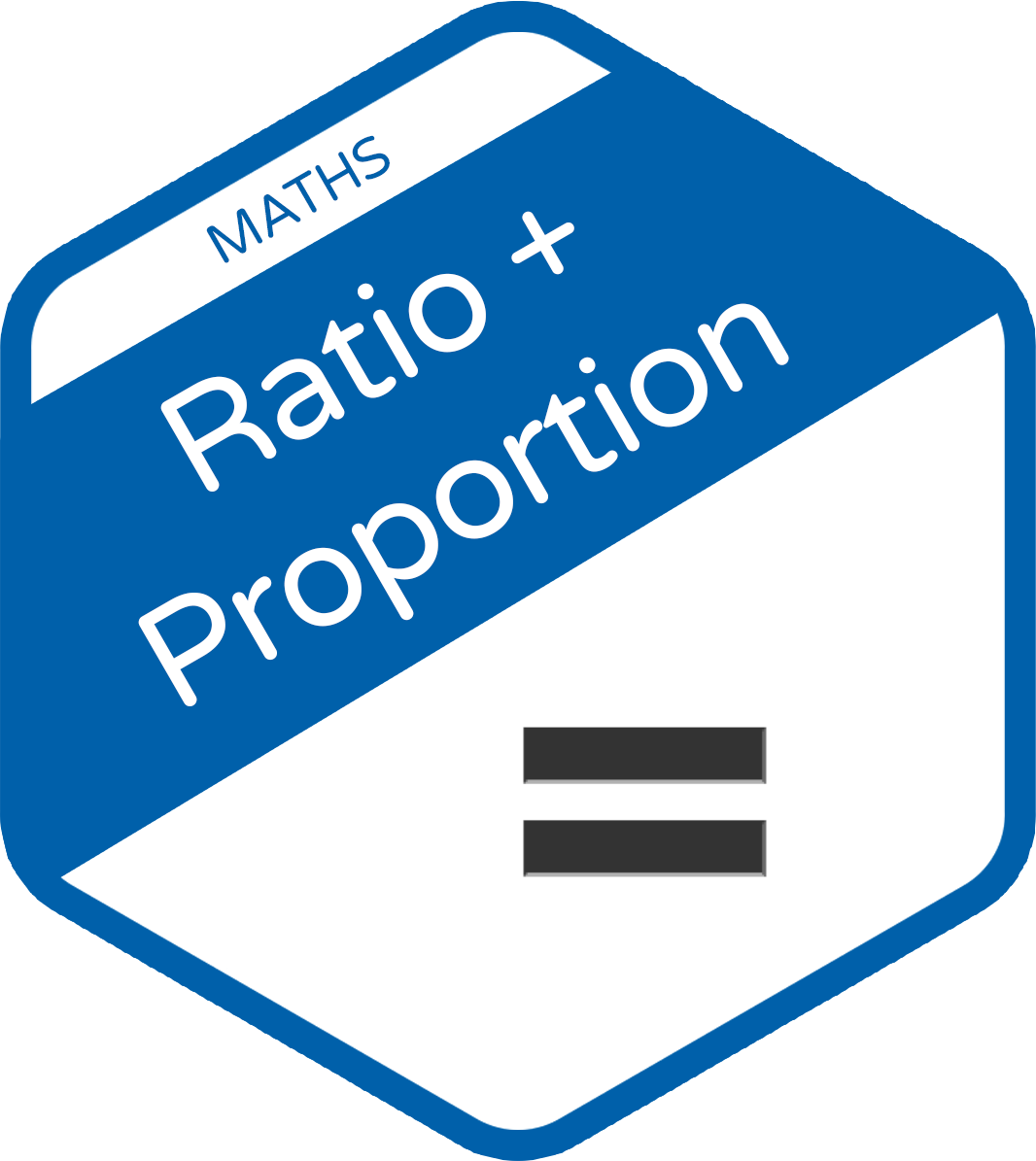
Ratio and Proportion
A ratio shows the relationship between two values, describing how one is related to another. Pupils will start by making simple comparisons between two different quantities. For example, they may compare the number of boys to girls in the class and write statements such as “for every one girl, there are two boys”. Pupils will also understand that proportion is a name given to a statement showing that two ratios are equal.
-
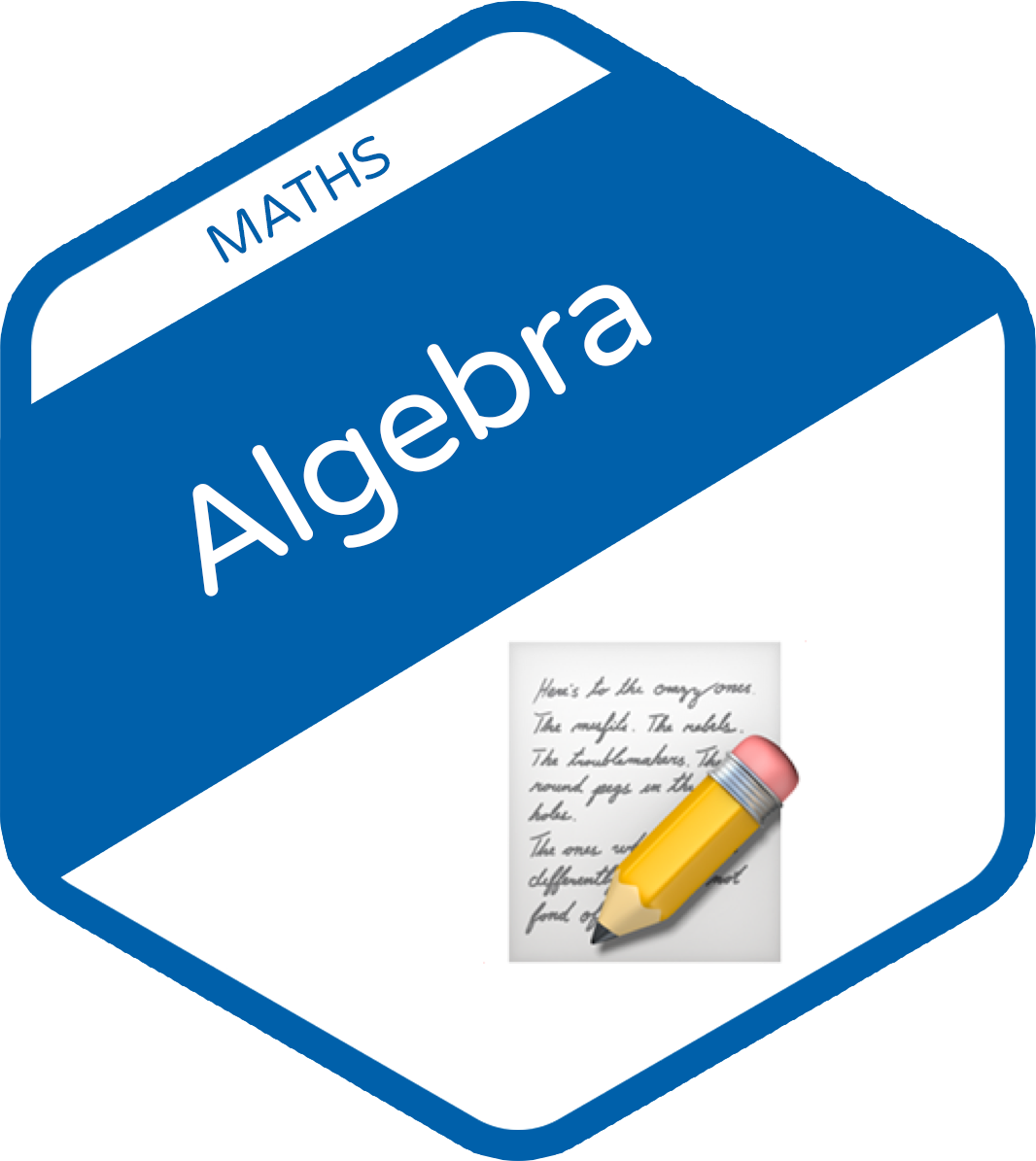
Algebra
Algebra is a branch of mathematics dealing with symbols and the rules for manipulating those symbols. Pupils will use symbols to express unknowns and numbers, as well as learn some of the rules for manipulating them. In doing so, they will see that algebra helps them to generalise statements and tackle problems that they have only previously been able to solve using diagrams (eg, bar models) or by trial and error. At Penpol School, pupils are introduced to algebra through concrete objects and pictorial representations, so that they are able to understand the abstract steps involved in solving a simple algebraic equation.
-
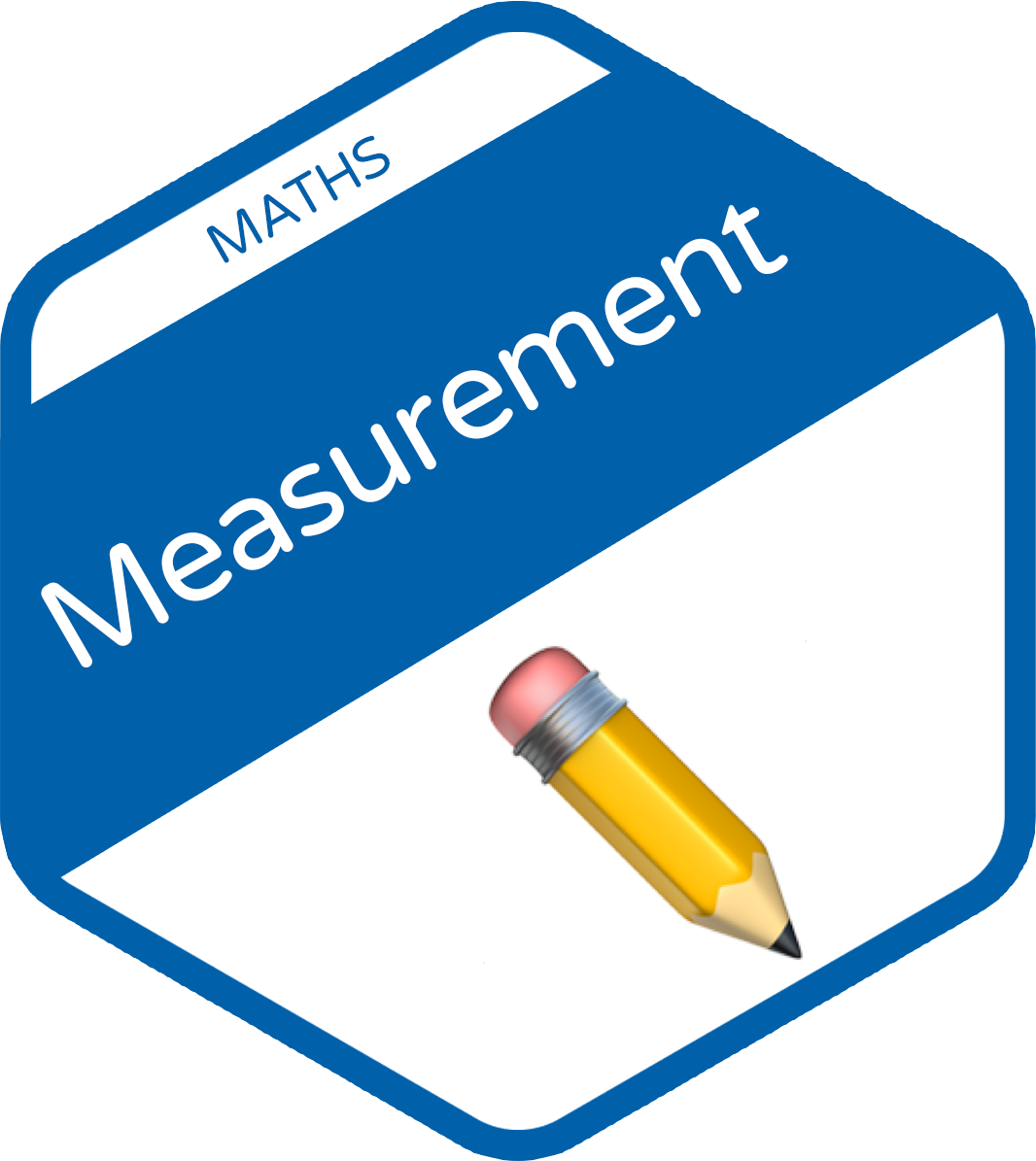
Measurement
Measure is a number that shows the size or amount of something. Usually, the number is in reference to some standard measurement. Pupils will be introduced to the concepts of length, weight, area and volume. They will have the opportunity to explore these using both non-standard and, later, standard units of measurement.
-
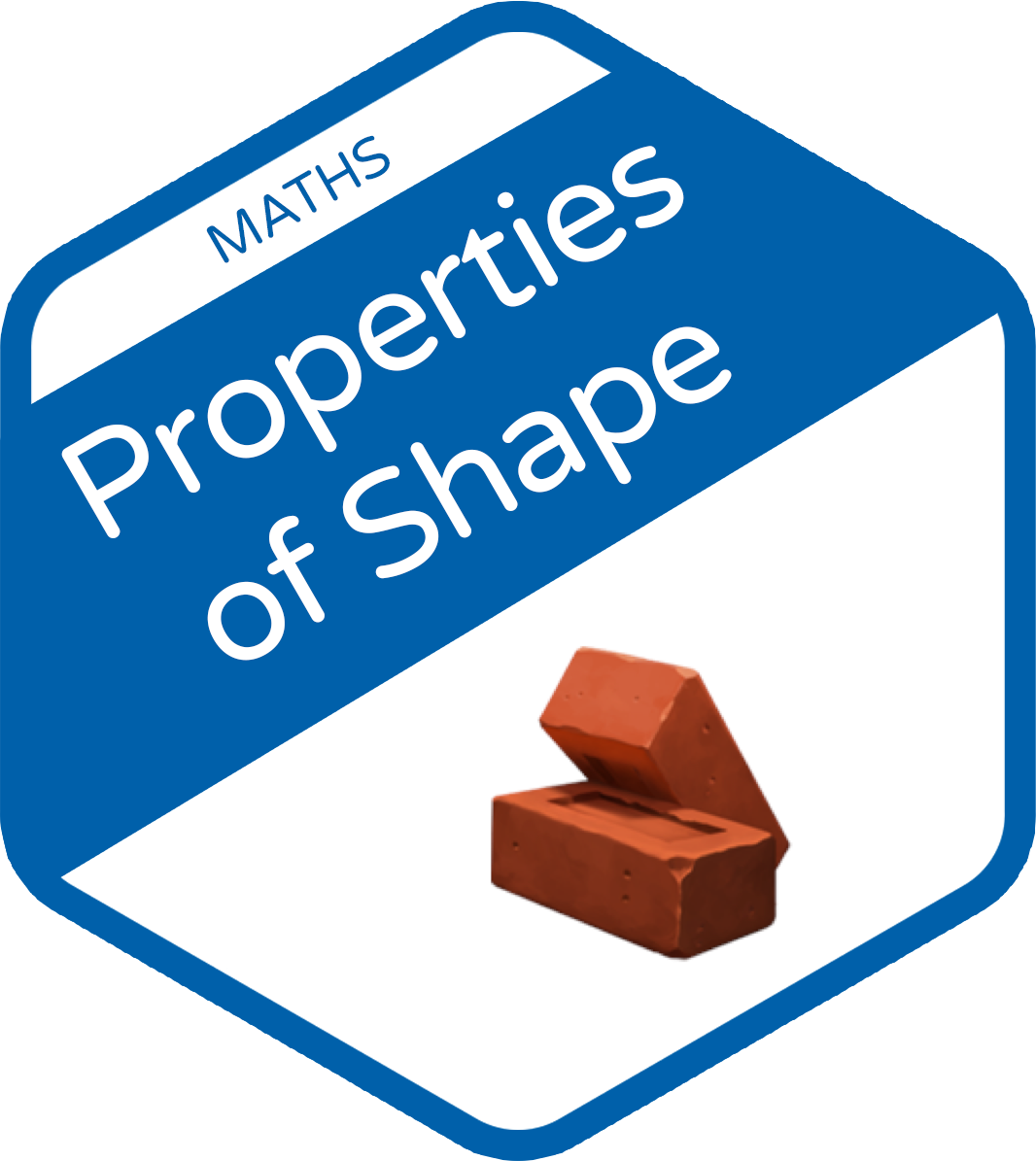
Properties of Shape (Geometry)
Geometry is concerned with questions of shape, size, relative position of figures and the properties of space. Pupils will develop their ability to recognise, describe, draw, compare and sort different shapes using appropriate vocabulary. As they progress, pupils will draw shapes with increasing accuracy, develop the mathematical reasoning required to analyse them and their properties, and confidently describe the relationships between them.
-
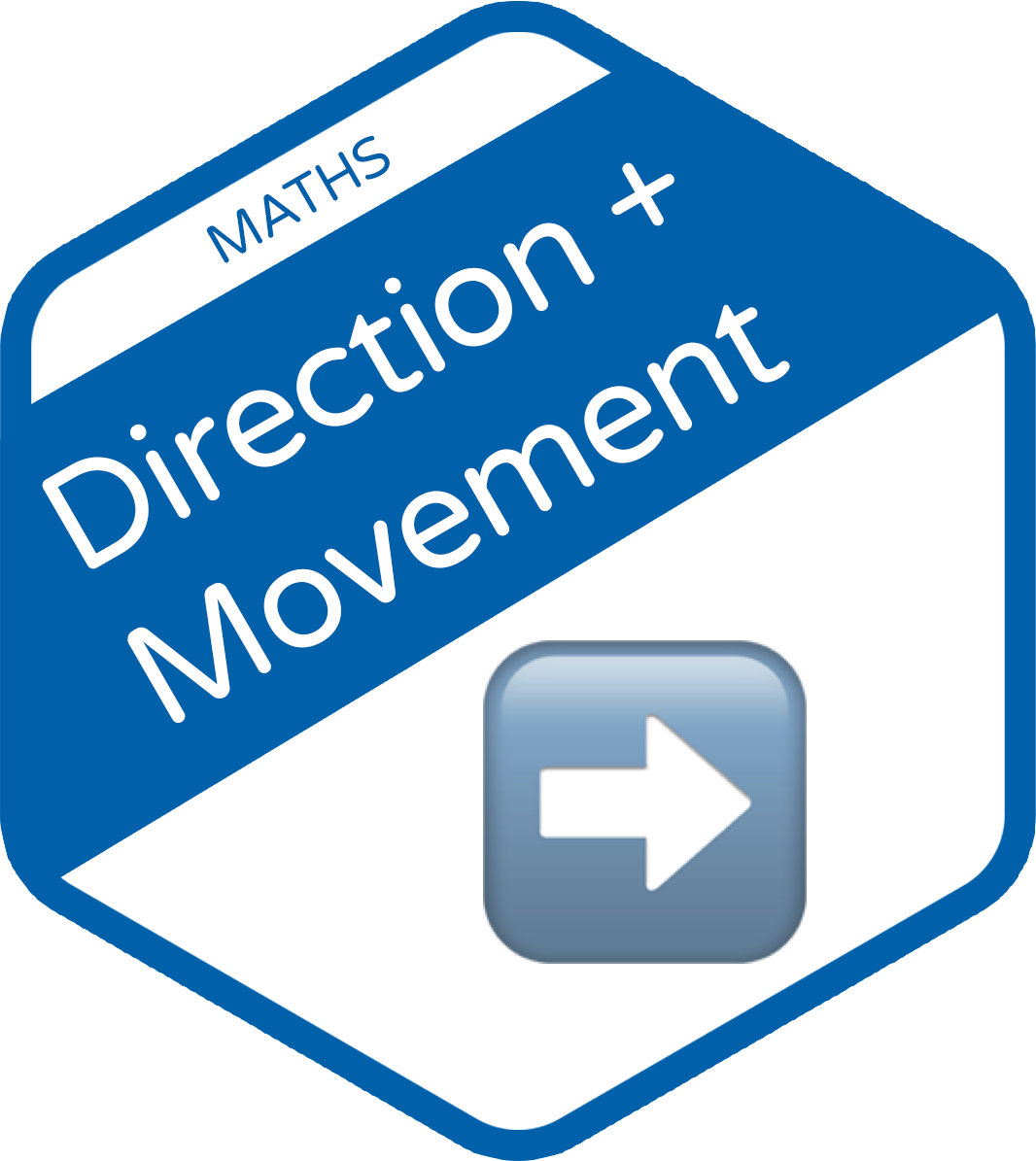
Direction and Movement (Geometry)
This concept is about the position of an object in space and mathematically describing the movement and direction. Pupils will use knowledge of shape and space and mathematical understanding to describe concepts like coordinates, reflection, translation, rotation and translation.
-
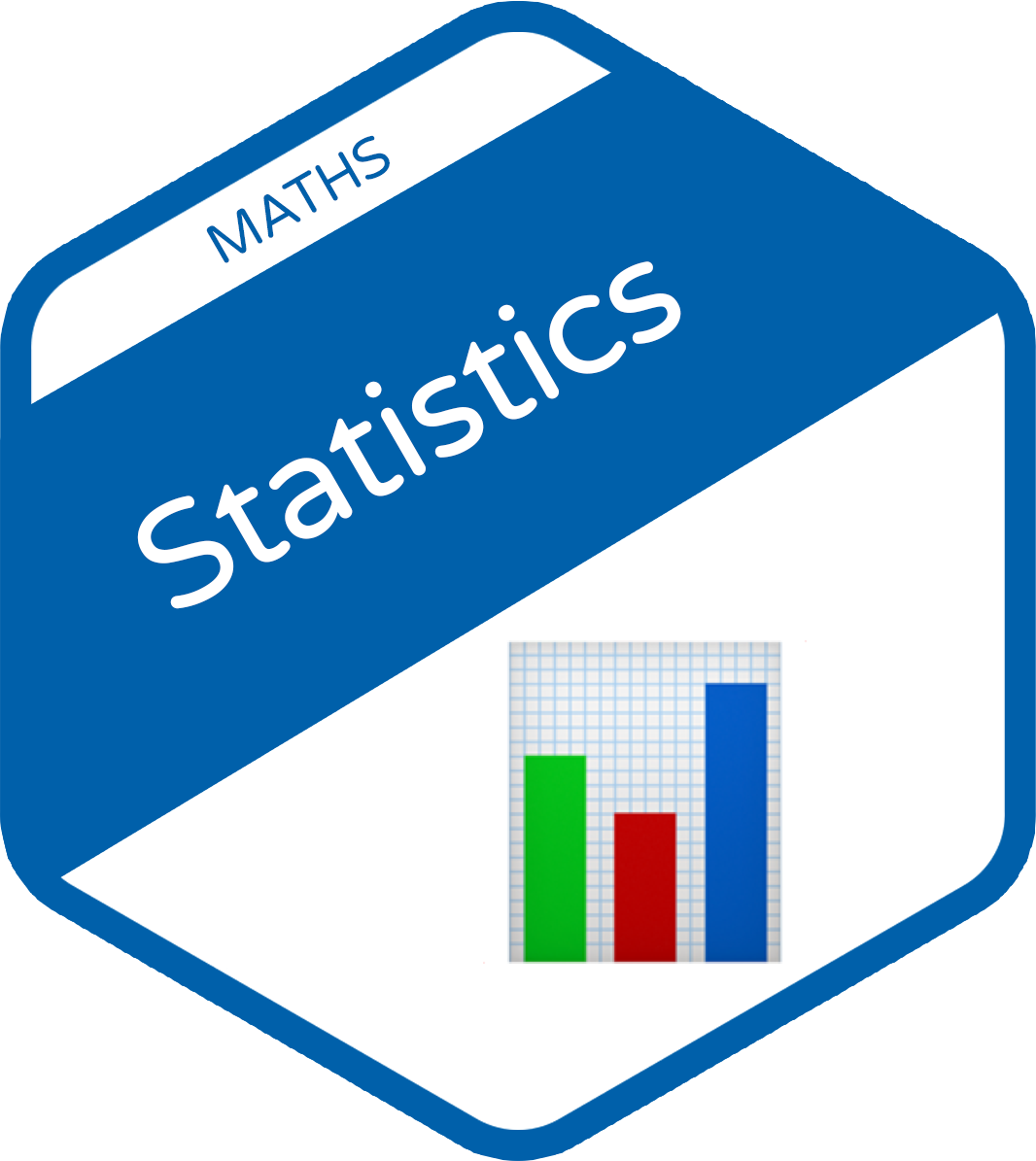
Statistics
Statistics is the study of collection, analysis, interpretation, presentation and organisation of data. Pupils will learn that data can be presented in the form of a list of numbers or objects, or as a table, chart or graph. They will look at how different types of data can be recorded before using and analysing these representations to solve increasingly difficult problems. In addition, they will also find simple summary statistics, including the mean average.
Other Documents
Useful Links
This page was last updated:
7th February 2023


